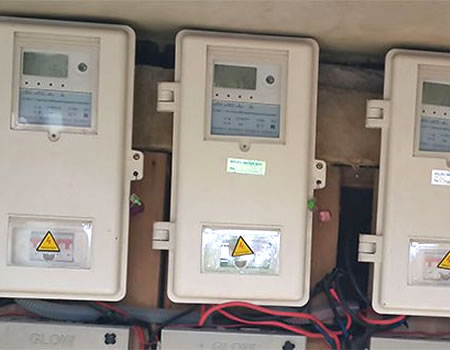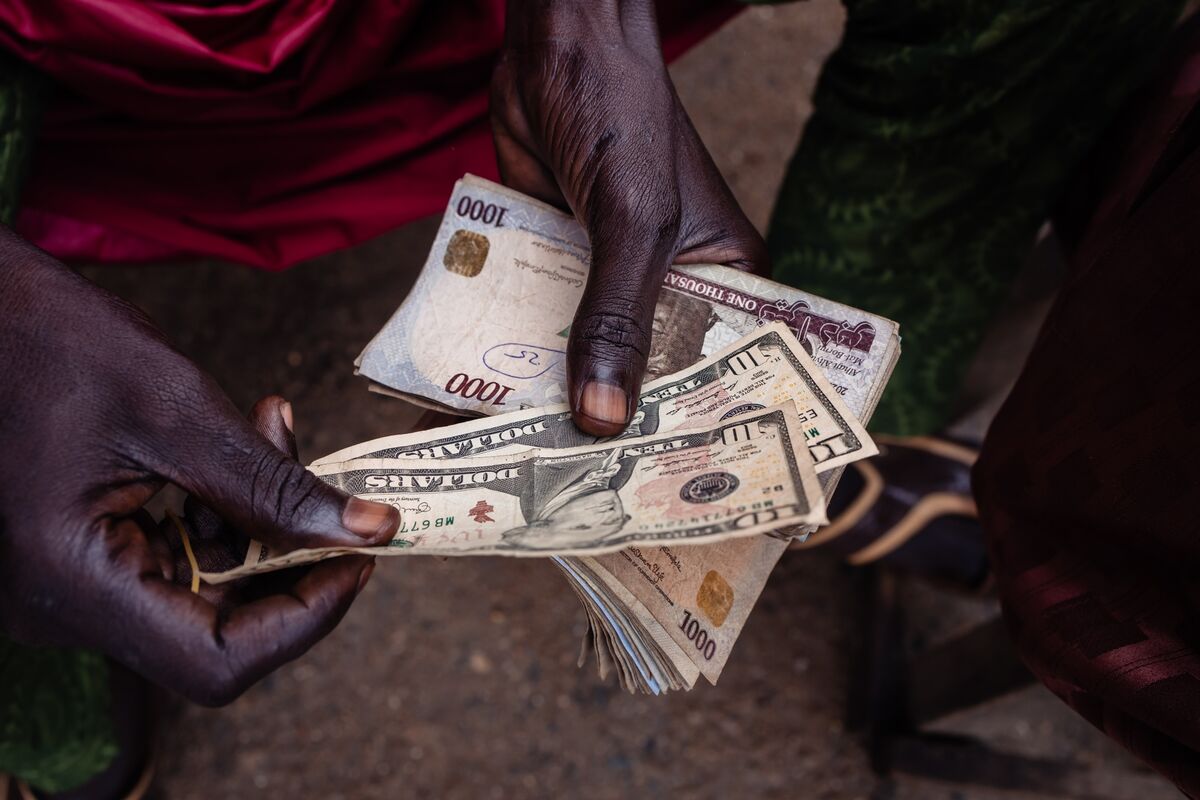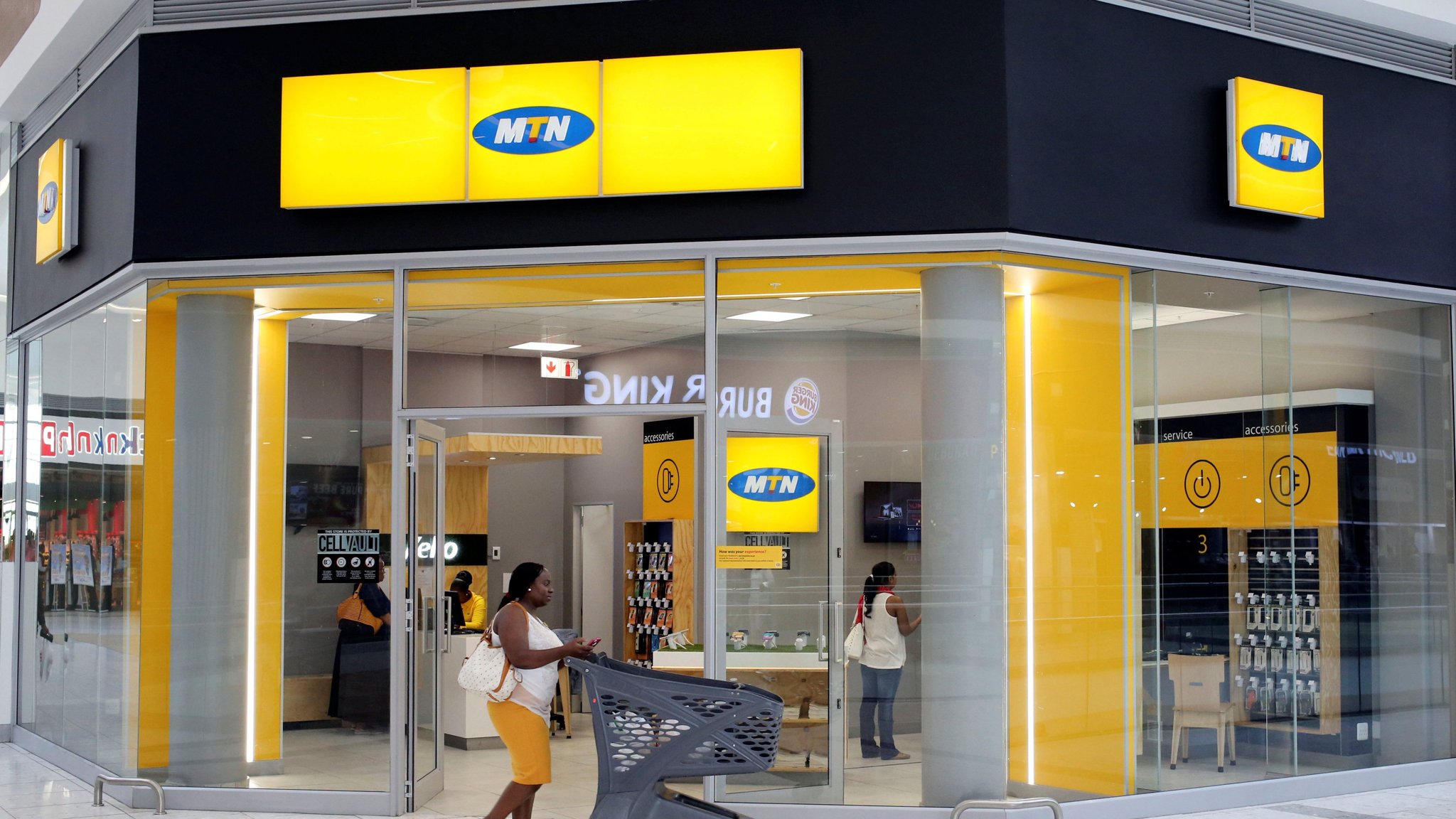Business
How to boost your bank account, mobile wallet security

Cybercriminals are constantly devising new ways to exploit vulnerabilities and steal sensitive information. DANIEL ADAJI outlines ways to safeguard your bank account and mobile wallet.
In today’s rapidly evolving digital landscape, the importance of robust mobile wallet security cannot be overstated. With the surge in the use of digital wallets, there has been a corresponding increase in the activities of cybercriminals, who are constantly on the lookout for vulnerabilities to exploit. The convenience offered by these digital payment methods is undeniable, but it also presents a lucrative target for those with malicious intent.
The stories are all too common: unsuspecting individuals falling prey to sophisticated scams, resulting in the loss of significant sums of money. These criminals employ a variety of tactics to breach digital defences, often capitalising on the smallest oversight in security practices.
It is a stark reminder that in the digital realm, our financial well-being is perpetually at risk from those who wish to unlawfully enrich themselves.
It is imperative, therefore, that each individual take proactive steps to safeguard their digital assets. This begins with a thorough understanding of the potential risks associated with digital transactions and extends to the implementation of strong security measures. Regularly updating passwords, enabling two-factor authentication, and monitoring account activity are just a few of the many actions that can significantly enhance security.
Moreover, staying informed about the latest security threats and understanding the common tactics used by cybercriminals can provide an additional layer of protection. Education on digital safety should be ongoing, as the methods used by these criminals are constantly evolving. Being vigilant and cautious with every transaction, no matter how small, is essential.
In essence, while technology companies and financial institutions strive to fortify their systems against unauthorised access, the onus of digital safety ultimately falls on the user. It is a personal responsibility that must be taken seriously, for the repercussions of neglect can be dire.
By adopting a mindset that prioritises security, individuals cannot only protect their financial interests but also contribute to the overall safety of the digital ecosystem.
As we embrace the convenience of digital wallets, we must also embrace the responsibility that comes with it. Vigilance, education, and the implementation of robust security practices are the pillars upon which the safety of our digital finances rests.
It takes collective effort that starts with individual action. Only through such concerted efforts, we can hope to stay one step ahead of those who seek to cause harm in the digital world.
Your digital safety is not only a right but also a responsibility that you have towards yourself and others.
To keep your digital wallets safe, follow these essential security practices:
Use strong passwords
Create unique, complex passwords for each financial account. Avoid using easily guessable information like birthdays or common phrases. A strong password typically includes a mix of uppercase and lowercase letters, numbers, and special characters.
Enable two-factor authentication
Whenever possible, enable 2FA for your accounts. This adds an extra layer of security by requiring a second verification method (such as a text message or authentication app) in addition to your password.
Regularly monitor your accounts
Check Your Statements
Review your bank and credit card statements regularly. Look for any unauthorised transactions or suspicious activity. Report discrepancies immediately to your financial institution.
Set Up Alerts
Most banks and mobile wallet apps allow you to set up transaction alerts. Receive notifications for large withdrawals, international transactions, or any other unusual activity.
Update software
Keep your operating system, apps, and security software up to date. Updates often include patches for known vulnerabilities.
Install antivirus software
Use reputable antivirus software to protect against malware and phishing attacks. Regularly scan your devices for threats.
Lock your devices
Set up a PIN, password, or biometric lock (such as fingerprint or face recognition) on your smartphone and other devices. This prevents unauthorised access.
Be cautious online
Avoid public Wi-Fi for sensitive transactions
Public Wi-Fi networks are vulnerable to interception. Avoid conducting sensitive financial transactions while connected to public Wi-Fi.
Beware of phishing emails and texts
Cybercriminals often impersonate banks or financial institutions via email or text messages. Be sceptical of unsolicited messages asking for personal information or urging urgent action.
Use trusted apps and websites
Download Apps from Official Stores: Only download banking and wallet apps from official app stores (such as Google Play or the Apple App Store). Avoid third-party sources.
Check Website URLs
Before entering any sensitive information, verify that the website’s URL begins with “https://” (the “s” stands for secure). Look for the padlock icon in the address bar.
Secure your mobile wallet
Set up biometric authentication
If your mobile wallet supports it, enable biometric authentication (fingerprint or face recognition). This adds an extra layer of security.
Regularly review transactions
Check your mobile wallet transactions frequently. Report any unauthorised charges promptly.
Business
Court stops NERC from implementing tariff hike for Band A customers

A federal high court in Kano has issued an order restraining the National Electricity Regulatory Commission (NERC) and the Kano Electricity Distribution Company (KEDCO) from implementing the new electricity tariff for Band A consumers.
Ruling on an ex parte motion on Thursday, Abdullahi Liman, presiding judge, made an interim order restraining NERC and KEDCO from going ahead with the impending tariff pending the hearing and determination of the motion on notice filed before it.
The order also restrained the defendant from intimidating and threatening to disconnect the applicants’ electricity supply for non-acceptance of the new increased tariff.
The suit marked FHC/KN/CS/144/2024 was filed by Super Sack Company Limited and BBY Sacks Limited.
Others are Mama Sannu Industries Limited, Dala Foods Nigeria Limited, Tofa Textile Limited and Manufacturers Association Of Nigeria Limited (MAN).
The motion ex-parte was moved by Abubakar Mahmoud, counsel to the plaintiffs.
On April 3, NERC approved an increase in electricity tariff for customers under the Band A classification.
The commission said customers under the category, who receive 20 hours of electricity supply daily, would begin to pay N225 per kilowatt (kW), starting from April 3 — up from N66.
The sudden hike has since been criticised by the house of representatives and other stakeholders who have asked NERC to suspend the implementation of the new tariff.
Business
Naira slightly depreciates against dollar at official market

The naira on Thursday slightly depreciated at the official market, trading at ₦1,402.67 to the dollar.
Data from the official trading platform of the FMDQ Exchange, a platform that oversees the Nigerian Autonomous Foreign Exchange Market (NAFEM), showed that the naira lost ₦11.71
This represents a 0.84% loss when compared to the previous trading date on Tuesday, April 30, when it exchanged at 1,390.96 to a dollar.
However, the total daily turnover increased to 232.84 million dollars on Thursday, up from 225.36 million dollars recorded on Tuesday.
Meanwhile, at the Investor’s and Exporter’s (I&E) window, the naira traded between ₦1,445.00 and ₦1,299.42 against the dollar.
Business
NIN-SIM linkage: MTN bars 8.6 million lines as NCC extends deadline

MTN Nigeria says it has fully barred a total of 8.6 million lines from the network in line with the directive of the Nigerian Communications Commission (NCC) on SIMs not linked to the National Identification Number (NIN) of the users.
The company disclosed this in its first quarter (Q1) 2024 financial report, noting that this impacted its business in the quarter.
However, to provide more time for the subscribers with less than five lines linked to an unverified NIN to complete the necessary verification exercise, MTN disclosed that the NCC has extended the 15 April deadline to 31 July 2024.
According to MTN, the lines that have been fully barred are those of subscribers who did not submit their NIN and those with more than five lines linked to an unverified NIN.
Highlighting the impact of the NIN-SIM linkage exercise and the regulatory directive, MTN Nigeria’s CEO, Karl Toriola, said:
“During the quarter, we also continued to manage the effects on our business of the industry-wide directive of the Nigerian Communications Commission (NCC) for a full barring of subscriber lines not linked to their National Identity Number (NIN) – the NIN-SIM directive.
“This impacted the development of our user base across all of our key business units (voice, data, and fintech) in Q1 2024.
“Although we had to fully bar 8.6 million subscribers in line with the directive, we minimised the net effect of the barred subscribers, and our total number of subscribers only decreased by 2 million in Q1, closing with a total of 77.7 million subscribers.”
Toriola said this demonstrated the effectiveness of the company’s customer value management (CVM) initiatives, which helped it to retain affected customers and reduce churn, as well as to drive gross connections.
Meanwhile, the company also reported a decline in its data subscribers in the quarter under review. According to the MTN’s CEO, active data subscribers declined marginally by approximately 78,000 to 44.5 million.
“Notwithstanding these headwinds, we recorded increased activity within the base, with voice traffic rising by 5.1% and data traffic by 40.6%.
“This is a result of the consistent growth in demand for data and voice, supported by our attractive offers to customers and continuous investment in network quality and coverage,” Toriola stated.
Data from the NCC show that total active mobile subscriptions in Nigeria across the networks of MTN, Airtel, Globacom and 9mobile, which stood at 224.4 million in December 2023 had declined to 219 million as of March 2024 as all the telecom operators implemented the policy on the mandatory NIN-SIM linkage.
-

 News1 week ago
News1 week agoFAAN reopens Lagos airport runway after Dana Air incident
-

 Crime4 days ago
Crime4 days agoUK-based Nigerian doctor, Tijion Esho loses licences over sex for free Botox injections
-

 News7 days ago
News7 days ago‘Mischievous narrative’ — Yahaya Bello’s media office reacts to ‘American school refunding $760k’ claim
-

 News1 week ago
News1 week agoNigeria Air: EFCC vows to arraign Sirika over alleged contract fraud
-

 Education1 week ago
Education1 week agoUNN suspends, probes lecturer attempting to sexually assault female student
-

 Entertainment4 days ago
Entertainment4 days agoGunmen abduct singer Gnewzy in Delta, demand $200k ransom
-

 Entertainment7 days ago
Entertainment7 days agoFamily announces burial arrangements for junior pope
-

 World1 week ago
World1 week agoNigerian lady Clara Chizoba Kronborg certified as world record holder for longest interviewing marathon


















